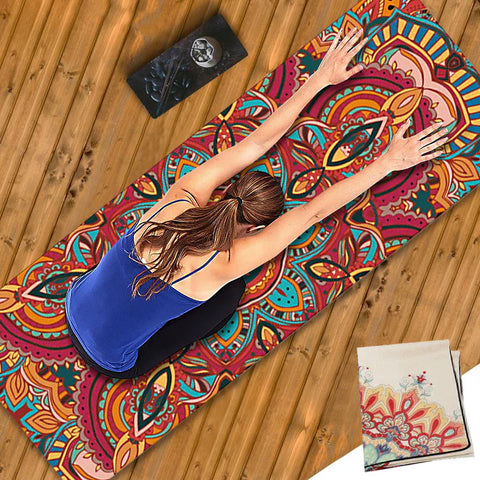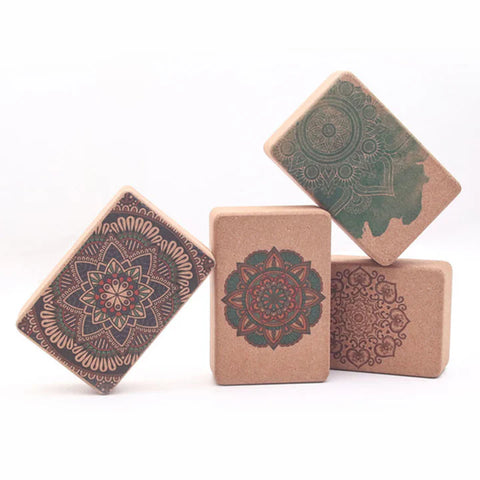
Yoga Accessories from Buddha Stones are designed to enhance your practice and promote well-being. Crafted with high-quality materials, items like Yoga Mats, Yoga Blocks, and Meditating Statue Decorations support your spiritual growth and mindfulness journey. Perfect for all practitioners, these accessories offer comfort and stability, helping you achieve inner peace and balance during yoga sessions.
9 itens
9 itens


















